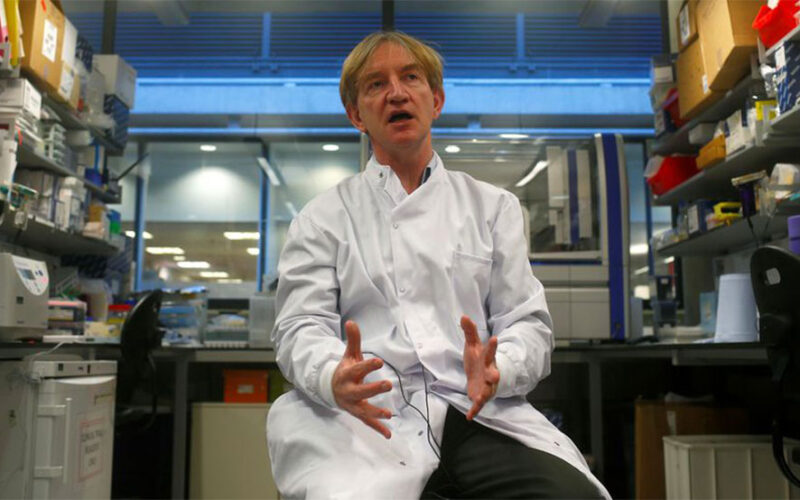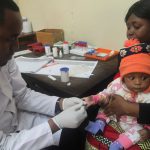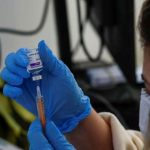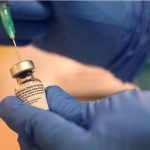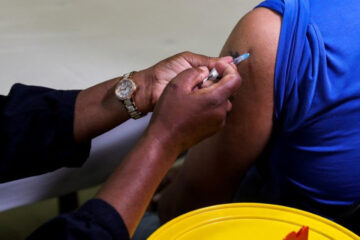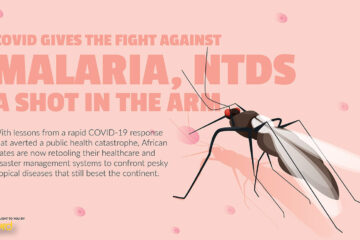KATE KELLAND
ONE of the Oxford scientists who co-developed AstraZeneca’s COVID-19 vaccine defended its safety on Friday and said he was not worried that some countries had opted to restrict its use amid concerns about a possible link to very rare side effects.
Adrian Hill, director of the Oxford University’s Jenner Institute, said teams around the world were working to pin down any potential mechanism for what might be causing the blood clots, using real world data now so many shots have been administered.
He agreed with medicines regulators in Britain, and Europe, and with World Health Organization experts, that the risk-benefit balance for the coronavirus shot favoured its use.
“If some countries choose to use one (COVID) vaccine, there will be more of the other vaccines for other countries,” Hill told Reuters. “We don’t see this as a huge issue.”
More than a dozen European countries had suspended use of AstraZeneca’s COVID-19 vaccine, called Vaxzevria, amid reports of cases of the clots combined with low platelets in a very small number of people who had received it. Many countries have resumed using the shot, but with some restrictions.
After reviewing the safety reports, the European Medicines Agency (EMA) regulator said that while there was a possible link, a direct causal link had not been established and the vaccine’s benefits in preventing severe COVID-19 disease were substantial.
Asked whether he was surprised by the reports of blood clot cases occurring in Britain, Norway, Germany and other countries that have been rolling out Vaxzevria, Hill said such extremely rare side effects would not have emerged even in large-scale trials involving tens of thousands of participants.
“Nobody can detect something that occurs in one in 300,000 – and maybe causes death in about 1 in a million – if you’re doing studies of the order of 10,000 to 20,000 vaccines,” he said.
“These very, very rare side effects are very hard to pick up with any vaccine. What’s good is that we can now pick these up – because the data linkage infrastructure in the UK and many other countries is able to do this remarkably quickly.”
AstraZeneca’s vaccine uses a non-replicating cold virus known as an adenovirus to deliver spike proteins into cells and produce an immune response.
Hill said the potential mechanism behind any possible link between the vaccine and the rare blood clot cases was “a matter of intense research by many groups around the world”, including teams at the Jenner Institute and at AstraZeneca.
“It may or may not take a long time to figure out,” he said. “I think we’ll be able to do it reasonably quickly and hopefully come up with an immunisation regimen or approach that effectively completely avoids this issue. But we need to … learn more before that.”

